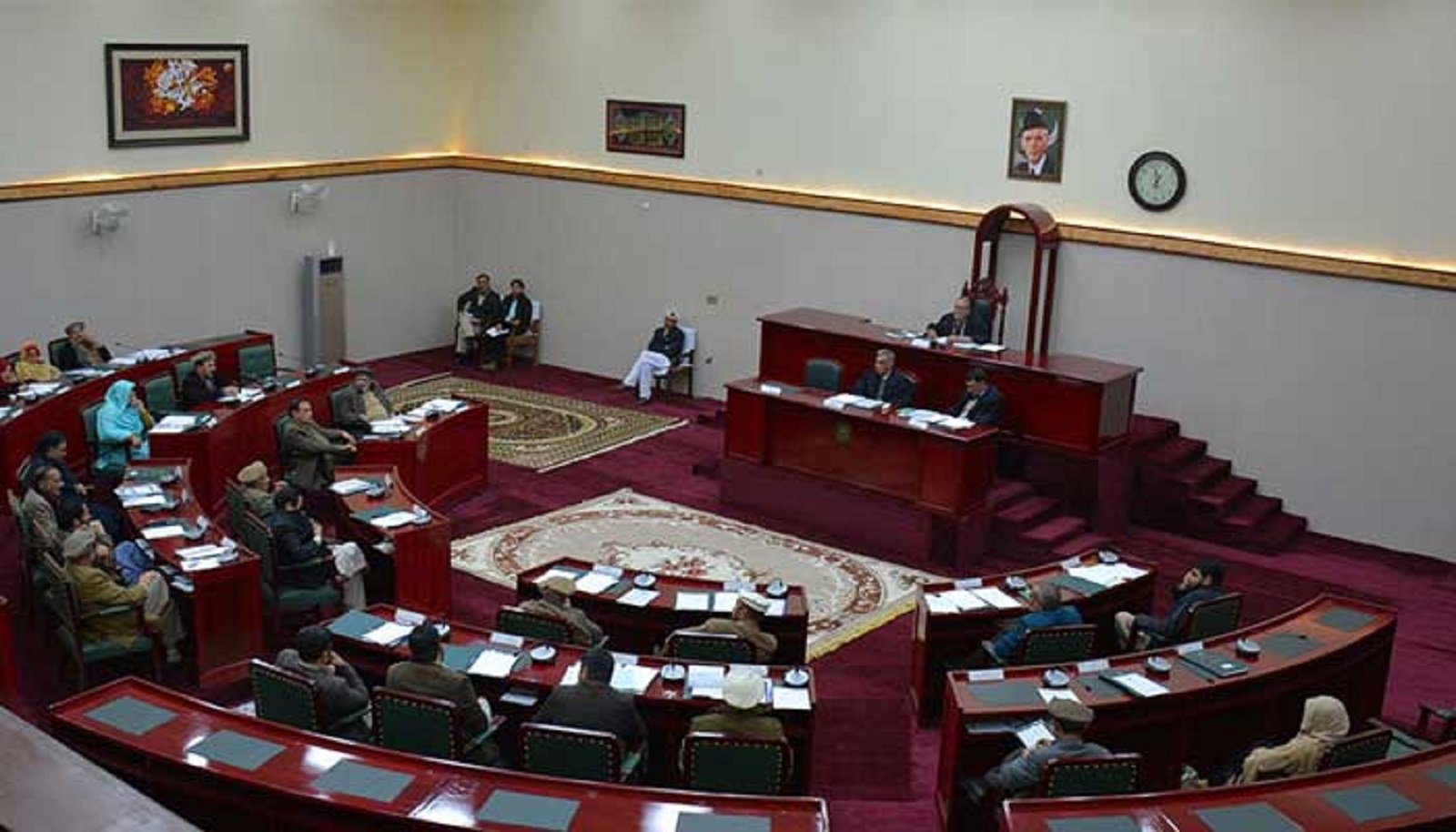Gilgit Baltistan Election 2020: What are the Gilgit Baltistan Assembly's powers?
Gilgit Baltistan enjoys all powers granted to the four provinces under the Constitution of Pakistan and more


Gilgit Baltistan is headed to polls on Sunday to elect members for the region’s legislative assembly.
Situated at the junction of China, Central and South Asia, and Afghanistan, the historically distinct political entity spans over 72,971 square kilometres and has a population of about 1.4 million.
A brief political history of Gilgit Baltistan
Up until 1970, the region was known as the Federally Administered Northern Areas and Kashmir. That year, it became a single unit called the Northern Areas falling under the control of the Ministry of Kashmir Affairs and Northern Areas.
In September 2009, the region was granted autonomy with an elected legislative assembly and a council when then-president Asif Ali Zardari signed the Gilgit-Baltistan Empowerment and Self-governance Order 2009. Through this order, far-reaching administrative, political, financial and judicial reforms were introduced in the region.
Nine years later, the GB government led by PML-N promulgated the Gilgit Baltistan Order 2018 to replace the 2009 law. Under the new law, the GB Legislative Assembly became the GB Assembly. All powers of the GB Council were shifted to the assembly.
A year later, the Supreme Court of Pakistan heard a set of petitions against both orders and ruled that the people of GB will have the same rights as the people of Pakistan and extended its jurisdiction to the region.
That was the history of the region’s self-rule. Let’s take a look at how empowered the northern region’s assembly is.
Read more: GB chief court orders asking ministers, MNAs to leave region suspended
How empowered is the GB Assembly?
The GB Assembly enjoys all powers granted by the Constitution of Pakistan to all the other four assemblies, i.e. Sindh, Punjab, Khyber Pakhtunkhwa, and Balochistan.
But, unlike the provinces, federal taxes do not apply to GB. The powers to impose taxes lies with the region’s government.
The GB Assembly is authorised to pass legislation on health, education, tourism, hydropower, mineral, as well as make criminal and civil laws. It also has powers over issues such as copyrights, census, fisheries, customs, excise, highways, economic development, public debt and post.
However, it cannot make laws pertaining to foreign relations, trade and aid, or issue a new currency. The assembly also does not have the power to make defence-related decisions.
Although the region has its own chief and appellant court, its people were granted access to all high courts in the country through the 2018 order and, following the 2019 SC ruling, its citizens can also approach the apex court.
The region is divided into two administrative units: Gilgit and Baltistan/ Skardu. The government comprises a GB Council, Legislative Assembly consisting of ministers and a chief minister, and a governor.
Read more: List of PTI candidates for Gilgit-Baltistan Elections 2020
GB Order 2018
Here is a look at Article 60 of the GB Order 2018, which explains the legislative powers of the assembly.
Section 1:
Both Prime Minister (of Pakistan) and the Assembly shall have powers to make laws:
(a) For territories of GB
(b) For citizens of GB
(c) For employees of GB government – wherever they may be
Section 2:
(a) Prime Minister shall have the exclusive power to make laws with respect to any matter in the Legislative List set out in the Third Schedules after consultation with the governor and chief minister of GB. The Chief Minister has to be present before the Assembly for discussion.
(b) Prime Minister and the Assembly shall have the power to make laws with respect to criminal law, criminal procedure, and evidence;
(c) Subject to clause (b) and sub-section (6), the Assembly shall and the Prime Minister shall not, have the power to make laws with respect to any matter not enumerated in the Legislative List;
Section 3:
Prime Minister shall have the powers to adopt any amendment in the existing laws or any new law in force in Pakistan subject to the legislative competence under sub-section (2).
Section 4:
If any provision of an Act of Assembly is repugnant to any provision of any law which the Prime Minister is competent to enact, then the law made by the Prime Minister, whether passed before or after the Act of the Assembly, shall prevail and the Act of the Assembly shall, to the extent of the repugnancy, be void.
Section 5:
If the Assembly passes a resolution to the effect that the Prime Minister may by law regulate any matter not enumerated in the Legislative List, it shall be lawful for the Prime Minister to make law for regulating that matter accordingly, but any law so made may be amended or repealed by Act of the Assembly.
Section 6:
Notwithstanding anything contained in this Order, the Prime Minister and the Assembly shall have no power to make any law concerning:
(a) Defence and external security of Gilgit-Baltistan
(b) Current coin of the issue of any bills, notes, or paper currency
(c) External affairs including foreign trade and aid
(d) Matters specified by the order of the President
Section 7:
Notwithstanding anything contained in this Order, the Government may with the consent of the Federation entrust either conditionally or unconditionally, to the Federation, functions in relation to any matter to which the executive authority of the Government extends: Provided that the Government shall get such entrustment ratified by the Assembly within sixty days.
The Legislative List outlining all 67 areas where the GB Assembly is empowered to make laws can be found here.




